Specialized Module Courses
Area
Environmental Transformation
- face-to-face: students attend on campus
- hybrid: T4EU students attend online, home students attend on campus
- blended: the course is largely online (for all students), but there may be face-to-face elements, for instance for project work, at the mobility week or a final exam
- basic course (BC): knowledge in area of expertise
- application course (AC): students apply knowledge to gain experience and generate societal transformative impact in limited scope
subject title
Sustainable projects in entrepreneurship
The course purpose is that students learn the fundamentals of designing and planning sustainable projects in entrepreneurship with an emphasis on ecology, co-creation and social entrepreneurship.
Number of places for T4EU students: 10.
Lecturer: Jana Hojnik
UP FM has quarters, and whether it is going to be 1st or 2nd quarter hasn’t been decided yet.
University of Primorska | ECTS: 3 | BC | Modality: hybrid | Language: English | Start date: To Be Confirmed | End date: To Be Confirmed | Time: To Be Confirmed
subject title
Evolutionary and Population Genetics
The aim of this course is to introduce students to the basic concepts of evolutionary and population genetics, and deepen their knowledge about the usefulness of molecular tools determining evolutionary history of species and in the study of populations of plants and animals.
General competences: students obtain detailed insight on measuring genetic diversity of populations (heterozygosity, distribution and allele frequencies, genotypes) and factors that affect this diversity (selection, genetic drift, mutations, gene flow).
Specific competences: Students will be able to understand specifics of molecular evolution and application of bioinformatics into molecular evolution and phylogenetics. The origin of populations and their structure in space. Lectures will provide theoretical knowledge, which will be upgraded in the tutorials with practical computational exercises and case-studies. By addressing key problems in the course the students will learn different research methods and techniques that will allow them to acquire new skills and develop critical thinking.
Lecturer: Elena Bužan
Number of places for T4EU students: 10.
University of Primorska | ECTS: 6 | BC | Modality: hybrid | Language: English | Start date: 1.10.2024 | End date: 17.01.2025 | Time: To Be Confirmed
subject title
Sustainable Tourism
In the course students will deepen their reflection in the field of influences to the environment quality on the value of the tourist product and the negative effects of tourism on the environment and understand that it is not possible to offer unlimited tourism development. Students will develop the ability to form new concepts and models of tourism development according to the environmentally friendly basis. They will get to know and observe the natural key factors needed to create innovative and sustainable tourism products. Some course contents:
- Definition of sustainable development with sustainable according to environmental pressures
- Economic, social and environmental aspects of sustainable development
- Environmental and tourism policy of the EU and Slovenia
- Sustainable approach oriented to integrated tourist development and planning
Number of places for T4EU students: 10.
Lecturer: Simon Kerma/Emil Juvan
University of Primorska | ECTS: 6 | BC | Modality: hybrid | Language: English | Start date: 1.10.2024 | End date: 17.01.2025 | Time: To Be Confirmed















